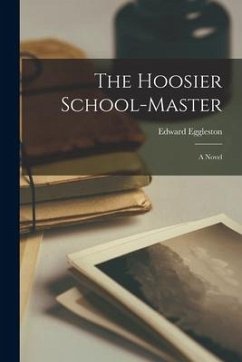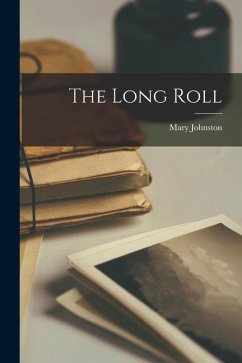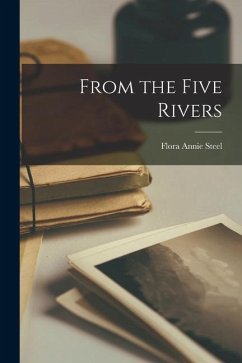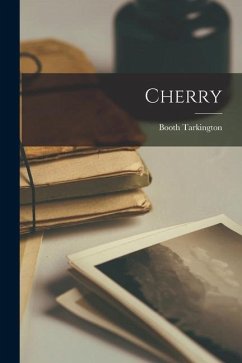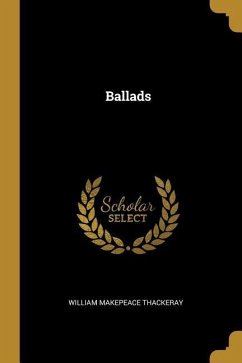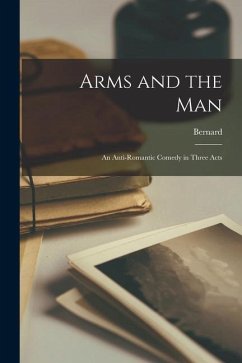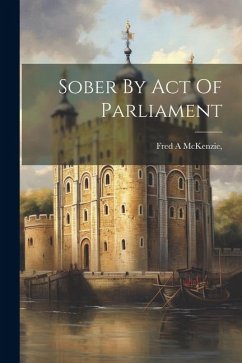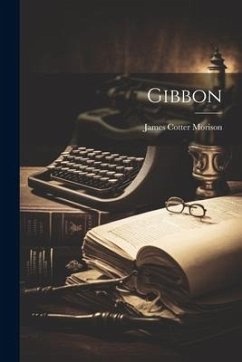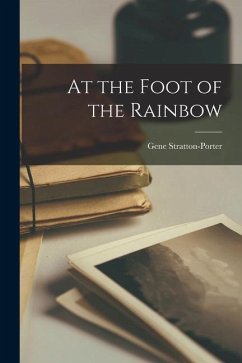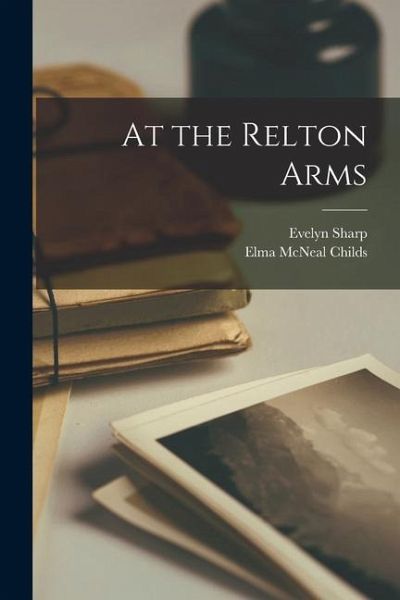
At the Relton Arms
Versandkostenfrei!
Versandfertig in über 4 Wochen
Weitere Ausgaben:

PAYBACK Punkte
10 °P sammeln!




At the Relton Arms
Evelyn Jane Sharp (1869-1955) was a key figure in two major British women's suffrage societies, the militant Women's Social and Political Union and the United Suffragists. She helped found the latter and became editor of Votes for Women during the First World War. She was twice imprisoned and became a tax resister. An established author who had published in The Yellow Book, she was especially well known for her children's fiction. Evelyn Sharp, the ninth of eleven children, was born on 4 August 1869.[2] Sharp's family sent her to a boarding school for just two years, yet she successfully passed several university local examinations. In 1894, against the wishes of her family, Sharp moved to London, where she wrote and published several novels including All the Way to Fairyland (1898) and The Other Side of the Sun (1900).[3][4] In 1903 Sharp, with the help of her friend and lover, Henry Nevinson, began to find work writing articles for the Daily Chronicle, the Pall Mall Gazette and the Manchester Guardian, a newspaper that published her work for over thirty years.[3] Sharp highlights the importance of Nevinson and the Men's League for Women's Suffrage: "It is impossible to rate too highly the sacrifices that they (Henry Nevinson and Laurence Housman) and H. N. Brailsford, F. W. Pethick Lawrence, Harold Laski, Israel Zangwill, Gerald Gould, George Lansbury, and many others made to keep our movement free from the suggestion of a sex war."[5] Sharp's journalism made her more aware of the problems of working-class women and she joined the Women's Industrial Council and the National Union of Women's Suffrage Societies. In the autumn of 1906 Sharp was sent by the Manchester Guardian to cover the first speech by actress and novelist Elizabeth Robins. Sharp was moved by Robins' arguments for militant action and she joined the Women's Social and Political Union
Produktdetails
- Verlag: Creative Media Partners, LLC
- Seitenzahl: 230
- Erscheinungstermin: 27. Oktober 2022
- Englisch
- Abmessung: 234mm x 156mm x 12mm
- Gewicht: 327g
- ISBN-13: 9781019204252
- ISBN-10: 1019204257
- Artikelnr.: 67207871
Herstellerkennzeichnung
Libri GmbH
Europaallee 1
36244 Bad Hersfeld
gpsr@libri.de
Für dieses Produkt wurde noch keine Bewertung abgegeben. Wir würden uns sehr freuen, wenn du die erste Bewertung schreibst!
Eine Bewertung schreiben
Eine Bewertung schreiben
Andere Kunden interessierten sich für




